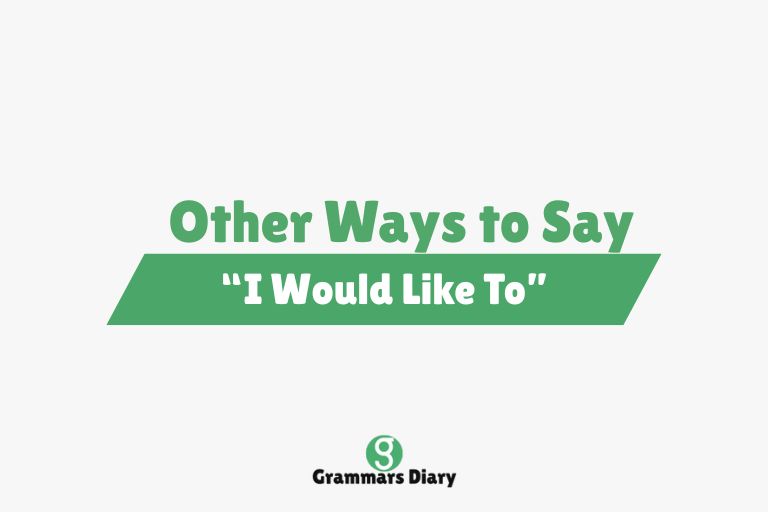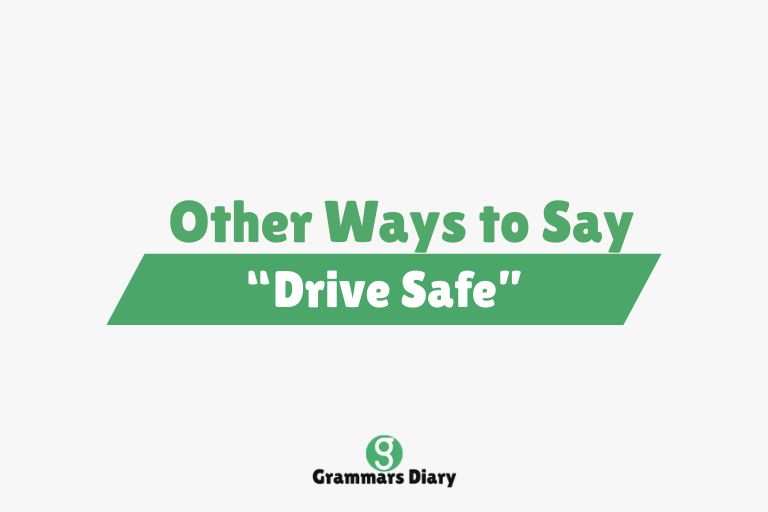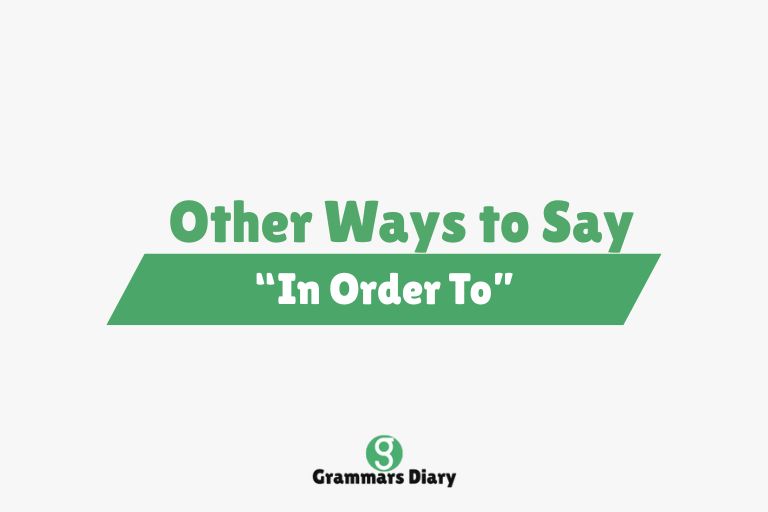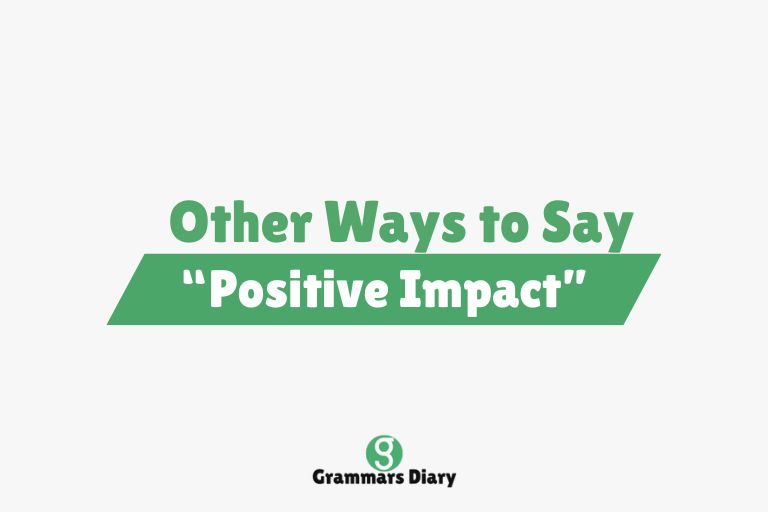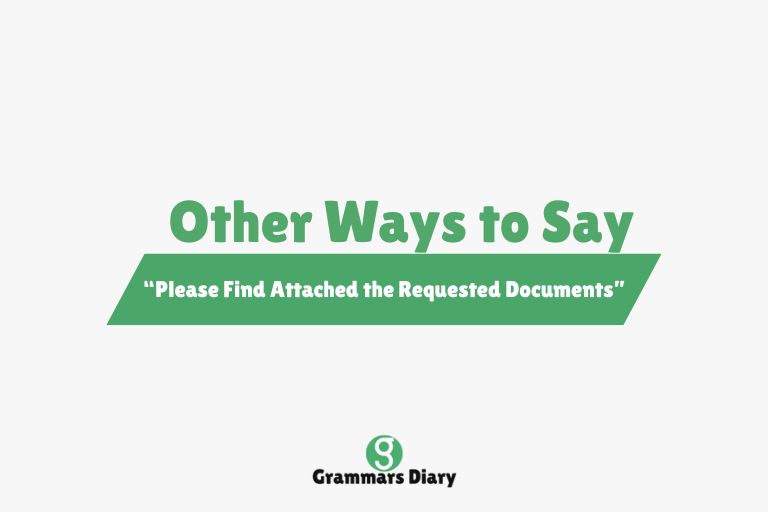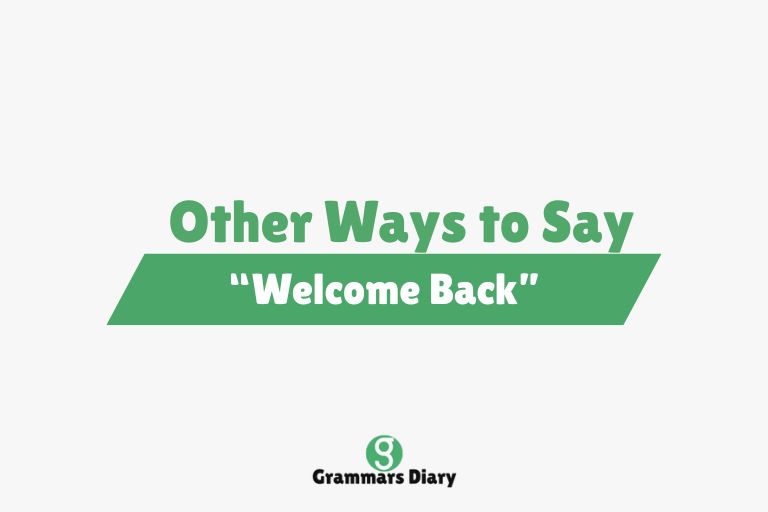20 Other Ways to Say “My Pleasure”

“My pleasure” is a polite and gracious response commonly used to acknowledge gratitude or appreciation, signaling that the speaker was happy to help or be of service. For example, when someone says, “Thank you for helping me with the project,” and you respond with “My pleasure,” it reflects a genuine willingness to assist without expecting anything in return.
However, just like many courteous phrases in the English language, there are numerous alternative expressions that carry the same warmth and politeness, each with a slightly different tone, degree of formality, or cultural nuance. This post dives into a variety of expressions you can use in place of “My pleasure,” allowing you to diversify your communication and sound more natural in different social, professional, or casual interactions.
Other Ways to Say “My Pleasure”
1. You’re welcome
Example: “Thank you for walking me home.” — “You’re welcome.”
Meaning: A traditional, widely used expression that simply acknowledges the other person’s gratitude.
Usage: Appropriate in almost any context, from formal to informal, and conveys polite acknowledgment without formality overload.
2. No problem
Example: “Thanks for fixing the printer.” — “No problem at all.”
Meaning: Suggests that the task or favor was easy or didn’t cause inconvenience.
Usage: Frequently used in casual conversation; ideal for friendly or informal interactions where comfort and relatability matter.
3. Don’t mention it
Example: “I really appreciate your help.” — “Don’t mention it.”
Meaning: Conveys humility by implying that the help was minor and didn’t require acknowledgment.
Usage: Slightly more old-fashioned but still used respectfully, especially in customer service or polite exchanges.
4. Anytime
Example: “Thanks for helping me with the groceries.” — “Anytime!”
Meaning: Implies willingness to help again in the future.
Usage: Friendly and encouraging; perfect for close friends, family members, or casual workplace settings.
5. Glad to help
Example: “Thank you for your advice.” — “Glad to help.”
Meaning: Indicates that the speaker takes joy in being helpful or useful to someone else.
Usage: Friendly yet polite, and works well in both professional and social environments.
6. Of course
Example: “Thanks for sending that file so quickly.” — “Of course.”
Meaning: Implies that the favor was expected or natural to do.
Usage: Short, warm, and widely used in friendly professional relationships or peer-to-peer conversations.
7. It was nothing
Example: “Thanks for staying late to help me.” — “It was nothing.”
Meaning: Downplays the significance of the action, showing modesty and humility.
Usage: Appropriate for both formal and informal situations where you want to deflect praise in a polite way.
8. I’m happy to help
Example: “I appreciate your support.” — “I’m happy to help.”
Meaning: Directly expresses joy or satisfaction in being of service to others.
Usage: Professional, polite, and especially suitable for client-facing roles or customer support.
9. It’s no trouble
Example: “Thanks for making time for me.” — “It’s no trouble at all.”
Meaning: Suggests that the speaker is not burdened by the request or task.
Usage: Courteous and calming, especially useful in conversations where someone seems concerned about inconveniencing you.
10. Absolutely
Example: “Would you mind sharing the contact again?” — “Absolutely.”
Meaning: Strong affirmation that signals eagerness or certainty in the willingness to help.
Usage: Friendly and enthusiastic, commonly used in both casual and business settings where prompt cooperation is appreciated.
11. Certainly
Example: “Could you forward me that document?” — “Certainly.”
Meaning: A formal and respectful way of saying that you are willing and available to fulfill a request.
Usage: Often used in professional settings, customer service, and formal correspondence where a courteous tone is preferred.
12. By all means
Example: “Do you mind if I use your pen?” — “By all means.”
Meaning: Expresses enthusiastic permission or support for someone’s request.
Usage: Polite and warm, this phrase is best used in respectful or friendly conversations, especially when granting permission.
13. Not a problem
Example: “Thanks for covering my shift.” — “Not a problem.”
Meaning: Reassures the other person that the action caused no inconvenience or difficulty.
Usage: Common in informal and relaxed settings, such as among friends or coworkers.
14. No worries
Example: “Sorry for the last-minute call.” — “No worries at all.”
Meaning: Suggests that the speaker holds no resentment or annoyance.
Usage: Very informal and widely used in Australian, British, and American English, often as a cheerful or relaxed response.
15. It’s the least I could do
Example: “You really helped me a lot.” — “It’s the least I could do.”
Meaning: Shows modesty and humility, implying that the speaker wished they could have done more.
Usage: Works well in emotional or heartfelt situations where gratitude is deeply felt on both sides.
16. With pleasure
Example: “Would you mind bringing me the file?” — “With pleasure.”
Meaning: A slightly more formal or elegant way of saying “My pleasure,” emphasizing that the action is done with willingness and joy.
Usage: Suitable in formal service roles, public speaking, or refined conversation where grace and hospitality are emphasized.
17. Always happy to help
Example: “Thanks for jumping in during the rush.” — “Always happy to help.”
Meaning: Communicates an ongoing willingness to assist whenever needed.
Usage: Friendly and professional; ideal for team-based environments or customer relations.
18. It was my honor
Example: “We’re grateful you could attend.” — “It was my honor.”
Meaning: Conveys that the speaker feels privileged to have had the opportunity to help or be involved.
Usage: Very formal and used in respectful, ceremonial, or emotionally significant moments.
19. I got you
Example: “Can you help me lift this?” — “I got you.”
Meaning: Very casual way of saying you’re there to help and have things covered.
Usage: Used informally among friends or peers to show confidence and support in a laid-back manner.
20. That’s what I’m here for
Example: “Thank you for your help today.” — “That’s what I’m here for.”
Meaning: Indicates that helping is part of your responsibility or purpose.
Usage: Common in customer service or mentorship roles, where it’s important to reassure the other person that their needs are expected and welcome.
When to Use Different “My Pleasure” Alternatives
In Professional Settings
In the workplace or corporate communication, it is important to maintain a tone of respect and professionalism while also sounding approachable and supportive; phrases like “Certainly,” “With pleasure,” and “I’m happy to help” are ideal choices that reinforce confidence and willingness to collaborate without sounding overly casual or detached.
In Casual or Friendly Conversations
Among friends, classmates, or family, a more relaxed tone helps build trust and relatability, so expressions like “No problem,” “Anytime,” “No worries,” or “I got you” can be used to foster an easygoing and warm environment where people feel safe to ask for help.
In Customer Service or Hospitality
When dealing with clients, guests, or customers, showing graciousness, patience, and professionalism is key, making alternatives like “Absolutely,” “By all means,” “That’s what I’m here for,” and “Always happy to help” excellent ways to communicate service with a smile, without sounding scripted or insincere.
Conclusion
While “My pleasure” remains a timeless and gracious way to respond to gratitude, the English language offers a wide range of equally kind and thoughtful alternatives that help you tailor your response to the situation, relationship, or tone you wish to convey. Whether you’re aiming for formal and respectful or casual and friendly, the phrases we’ve explored above give you plenty of room to personalize your communication and connect more authentically with others.
For even more ideas and context-specific alternatives, browsing resources like Thesaurus.com can expand your vocabulary and help you sound even more fluent and confident in everyday conversations.
FAQs
What does “My pleasure” mean?
It means that the speaker was happy to help or serve and did so willingly.
Is “My pleasure” formal or informal?
“My pleasure” is usually seen as formal or polite, often used in customer service or formal conversations, but it’s also acceptable in casual settings.
Can I say “You’re welcome” instead of “My pleasure”?
Yes, “You’re welcome” is a direct synonym and the most common response to “Thank you,” though it is slightly more neutral and less elegant than “My pleasure.”
What are the most professional alternatives to “My pleasure”?
Some of the most professional options include “Certainly,” “With pleasure,” “I’m happy to help,” and “Always happy to help,” depending on your tone and setting.
Is it okay to say “No problem” at work?
It depends on the workplace culture, but in general, “No problem” is considered informal. For more professional environments, alternatives like “Certainly” or “You’re welcome” are often better received.

